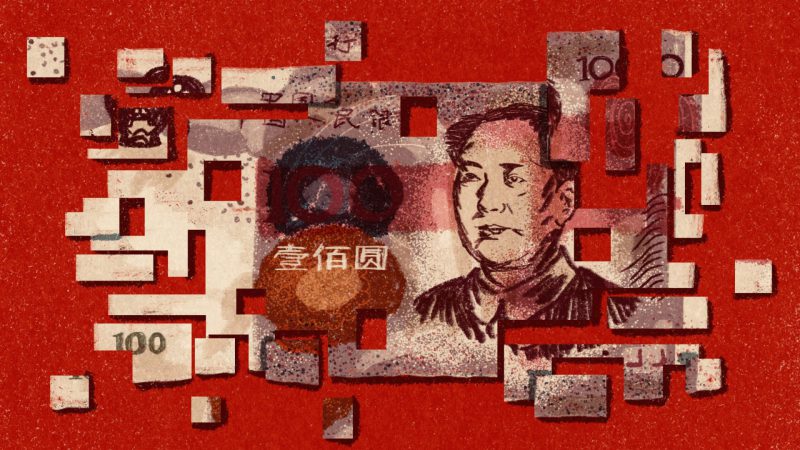Standard Chartered Bank China has launched an exchange service for the country’s CBDC (Central Bank Digital Currency) program. The move marks a significant step in China’s digital yuan integration into financial institutions. The digital yuan, or e-CNY, was developed by the People’s Bank of China (PBOC) and is one of the most developed CBDC programs in the world.
Also Read: China Debuts CBDC Linkage With Hong Kong Payment System
Standard Chartered’s incorporation of the digital yuan shows the commitment of global banks to embrace digital currencies. Almost every major economy in the world has a digital currency program. However, China’s e-CNY has seen significant adoption over the past year.
China’s CBDC to improve monetary policy?


According to China’s foreign exchange regulator, the programmable features of the digital yuan will help improve monetary policy. The programmable features in a CBDC are settings that can change. For example, the money can have an expiration date, after which it may not have value. Moreover, some funds can have restrictions for use in certain places.
According to Lu Lei, deputy administrator of the State Administration of Foreign Exchange (SAFE), the PBOC will explore the features to adjust the rates of China’s CBDC. Moreover, he added that CBDCs can help manage the macro economy.
Also Read: South Korea Massive CBDC Trial: 100,000 Citizens Invited
Furthermore, a Chinese state-owned bank said they will link the digital yuan to the ‘world‘s biggest small commodities market.‘ The move may further increase the adoption of China’s CBDC.
China’s e-CNY is one of the most used digital currencies in the world right now. The currency has found implementation in several public services, such as transportation in certain districts.
Also Read: BRICS: China, Russia & India To Replace the US Dollar in Global Trade?
However, many have raised concerns that using CBDCs is another way for the state to monitor its citizens.





